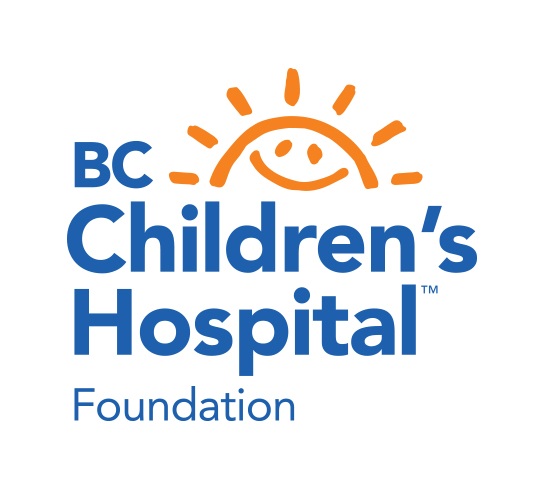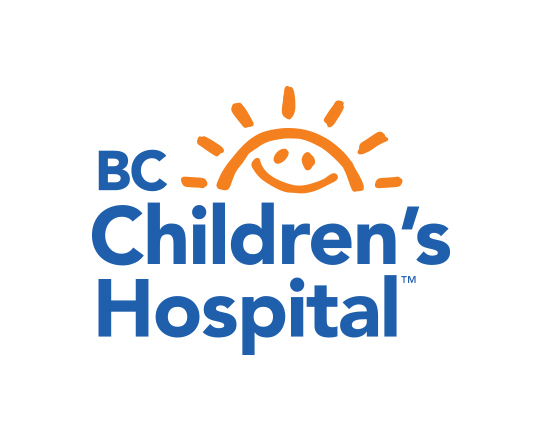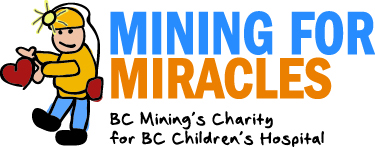Information for researchers
The aim of the BC Children’s Hospital BioBank is to provide researchers with high quality samples obtained from patients in an ethical manner. Patients give their consent for their samples to be used in research projects.
How the BioBank can support your research
In addition to providing access to samples, the BioBank offers a range of services, including:
- Sample processing and aliquoting
- De-identification and labelling
- Secure storage and documentation
- Coordination of sample collection and consent
- Shipping services
New services that will soon be available at the BioBank:
- Tissue microarray (TMA) construction
- Slide scanning
The BioBank team works closely with researchers to streamline the process and ensure your study meets ethical and logistical requirements.
Click on the buttons below for more information about our services.
Summary of Services and Fees Researchers Brochure
What’s available at the BioBank?
The BioBank holds a diverse inventory of samples, including:
- Plasma and serum
- Urine-derived products
- Cerebrospinal fluid
- Solid tissue and mononuclear cells
- Stem cell bags
- Maternal samples from pregnancy and childbirth
- COVID-19-related samples
Each sample is collected, processed, and stored under rigorous quality standards in a secure, 24/7-monitored facility.
Click on the buttons below for a complete list of samples available and more information on the application procedure for obtaining samples.
Samples Available Application Procedure
FAQs for researchers
- 1. What is a biobank?
-
The BCCH BioBank is a Canadian Tissue Repository Network (CTRNet) certified institutional biobank that collects biological samples and clinical information from women and children at BC Women’s & Children’s Hospitals.
- 2. How does the BioBank help scientist’s research?
-
The BioBank allows researchers to access a collection of samples and data after being approved by the research ethics board (REB). This enables research to be conducted using high quality samples that have already been ethically and systematically sourced, without needing to recruit participants prospectively.
- 3. Where is the BC Children’s Hospital BioBank located?
-
The BC Children’s Hospital BioBank is located on the campus of BC Children's Hospital (BCCH) and BC Women’s Hospital (BCWH) in Vancouver, British Columbia, Canada.
- 4. What type of samples does the BioBank collect?
-
The BioBank collects samples such as blood, tissue, bone marrow, urine, cerebrospinal fluid, saliva, and pregnancy-related samples such as placenta, cord blood, and maternal blood from patients who are seeking care at either BCCH or BCWH. Collected samples are often further processed and stored as their derivatives such as plasma, peripheral blood mononuclear cells, serum, and cryopreserved cells. Samples are aliquoted into multiple tubes to potentially fuel multiple research studies.
- 5. What services does the BioBank offer?
-
The BCCH BioBank offers sample processing, sample storage, patient recruitment, data collection, and data retrieval on a fee-for-service basis. The BioBank has experience supporting PI-initiated studies as well as industry-sponsored clinical trials.
- 6. Who can I ask if I want to know more?
-
You can email the BioBank at biobank@cw.bc.ca for more information.
- 7. How does the BioBank store samples?
-
Samples are stored and preserved in -80 oC freezers or -120 oC liquid nitrogen in the BioBank facility. Each sample has a specific code so that it can be easily located. The BioBank adheres to strict and specific standard operating procedures to ensure all samples are processed and stored in a similar manner. This is important because it allows for a controlled research environment and high-quality specimens. Samples are kept in the BioBank indefinitely, or until they are no longer of scientific value.
- 8. Who has access to these samples? Who determines what studies are done?
-
The BioBank was established to advance medical research and therapies for numerous diseases. Scientists who want to access both pediatric and maternal biological samples for their research studies must apply to the BioBank, where a scientific committee assesses the merit of the research. In addition to obtaining approval from the BioBank, researchers must also have their research study approved by a Research Ethics Board (REB) before they receive samples from the BioBank. The studies must meet certain strict ethical guidelines and international standards of good medical research practices.
- 9. Will researchers be able to access participant data?
-
The confidentiality of the patient is protected by the BioBank. General information such as patient’s gender, age and type of disease may be given to a researcher; however, identifying information such as patient’s name, birth date, and personal healthcare number (PHN) will not be shared with researchers. The BioBank staff removes all personal information from a sample and replaces it with a non-identifying code, which is used to catalogue the sample and protect the patient’s anonymity.
- 10. Where is personal information kept?
-
The BioBank keeps all personal information in a secure database. Only trained BioBank staff can access this information. Strict security measures are in place to ensure that only authorized people are able to access the database.
- 11. Can samples be sent to researchers outside of Canada?
-
Samples can be sent to researchers outside of Canada; however, samples will only be sent in a way that ensures participant information is not shared. The BioBank adheres to international standards of good medical research practices to ensure that the same strict protection of privacy in Canada applies to samples sent to other countries.
- 12. How will I be charged for the samples I am applying for?
-
The Biobank works on a cost-recovery basis meaning there is no profit earned from distributing these samples. Prices of samples are calculated based on factors such as processing time, rarity of sample, time needed for collection as well as other factors.
- 13. What types of research does the BioBank support?
-
The BioBank supports any research that has been ethically approved and has the potential to improve the lives of children, women, and their families in the future. This can include basic research studies as well as complex clinical trials. Research can be done through academic, industry, and government funded projects.
- 14. What if I discover an incidental finding as a result of my research with BioBank samples?
-
If a researcher discovers an incidental finding about a patient throughout the course of their research, we ask that the researcher contact both us and their research ethics board (REB) as soon as possible.
- 15. Am I required to acknowledge the BioBank in any publications or presentations?
-
In order to promote awareness and sustainability of the BCCH BioBank, we ask that all members of the scientific community that use our samples or services do acknowledge so in any presentations or publications that may come as a result of research that we have contributed to. Guidance on specific wording can be found in our shared agreement, or by contacting biobank@cw.bc.ca.






